If you’re a conscious consumer who cares about farm animal welfare, you may notice or look for products with the RSPCA Approved logo for your meat, fish, or eggs.
But while shoppers know the RSPCA Approved logo signifies higher welfare, reaching the point of packaging is actually the result of a rigorous certification process – only gained through meeting strict animal welfare requirements. Here we chart the journey of how a farm achieves RSPCA Approved certification.
What is RSPCA Approved?
The RSPCA Approved Farming Scheme is Australia’s leading independent certification program and was developed as one of the ways that the RSPCA can drive better animal welfare standards on farm. The requirements that farms must meet to gain certification are designed to provide a higher-welfare environment and standard of care for animals that goes well beyond what’s legally required.
The standards are also regularly reviewed to make sure they are progressively evolving and continuing to incorporate relevant animal science and innovations in farming.
How does a farm get RSPCA Approved certification?
- Farmers seeking to improve their animal welfare, or those who are already rearing animals in higher-welfare environments who wish to have their efforts recognised, can apply to join the Scheme by applying to the RSPCA Certification Body.
- After the application is reviewed, an RSPCA Assessor will visit the farm for an assessment. During this assessment, they will evaluate areas where animals are raised, animal behaviour, living conditions and how they are managed against the RSPCA’s detailed standards.
- Once the Assessor completes their report, it is sent to the Certification Body for final approval.
- A report of the assessment is reviewed and evaluated by the Certification Body and, if the requirements are met, the farm will receive RSPCA Approved certification status.
What happens next?
Achieving RSPCA Approved certification is an ongoing commitment, with regular assessments from specially trained RSPCA Assessors, to make sure producers are continuing to meet the requirements. Assessments are crucial to the success of participants as they provide accountability and help mitigate issues before they develop.
A worthy commitment
Meeting the RSPCA Approved standards can mean significant investment by farmers, including rearing fewer animals to meet lower stocking density requirements, time dedicated to reporting and the provision of enriched environments for their animals.
Meeting the requirements of the Scheme also means a commitment to ongoing and thorough scheduled and unscheduled assessments to make sure the standards continue to be met. Assessment schedules differ depending on the species, with poultry farms assessed 2-4 times a year, pig farms assessed twice a year, marine salmon sites assessed every two years, freshwater salmon sites assessed annually, and all animal handling procedures, including slaughter, are individually assessed annually.
While this commitment means more work for all involved, it also means that animals benefit from being reared in higher-welfare environments and are able to enjoy a better quality of life. It’s a rigorous and detailed process to achieve the RSPCA Approved certification – but it’s one that is making a real impact for farm animals in Australia.
Interested in reading more?
What’s important for a good certification?
New short film delves into RSPCA Approved chicken farming

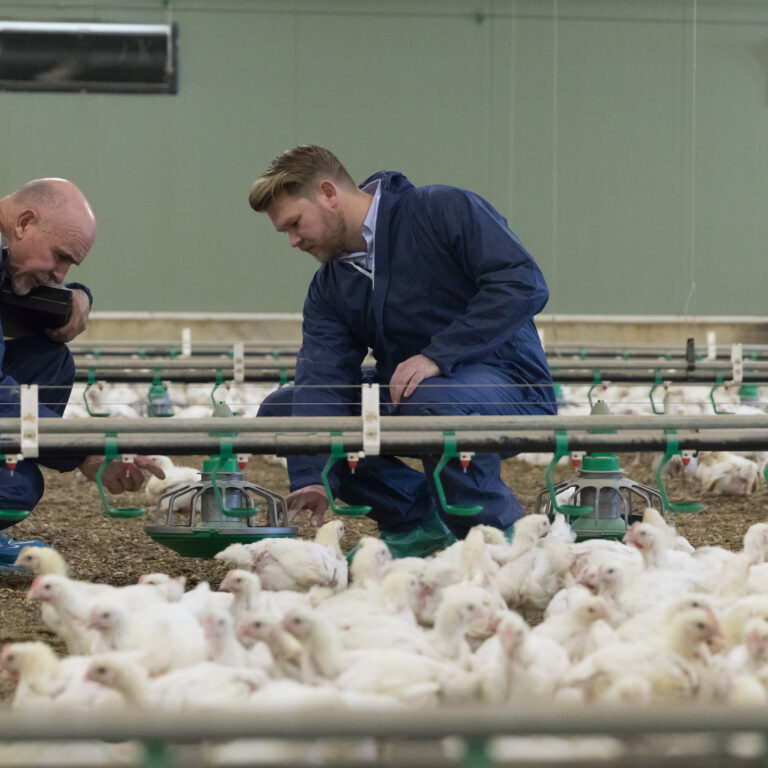
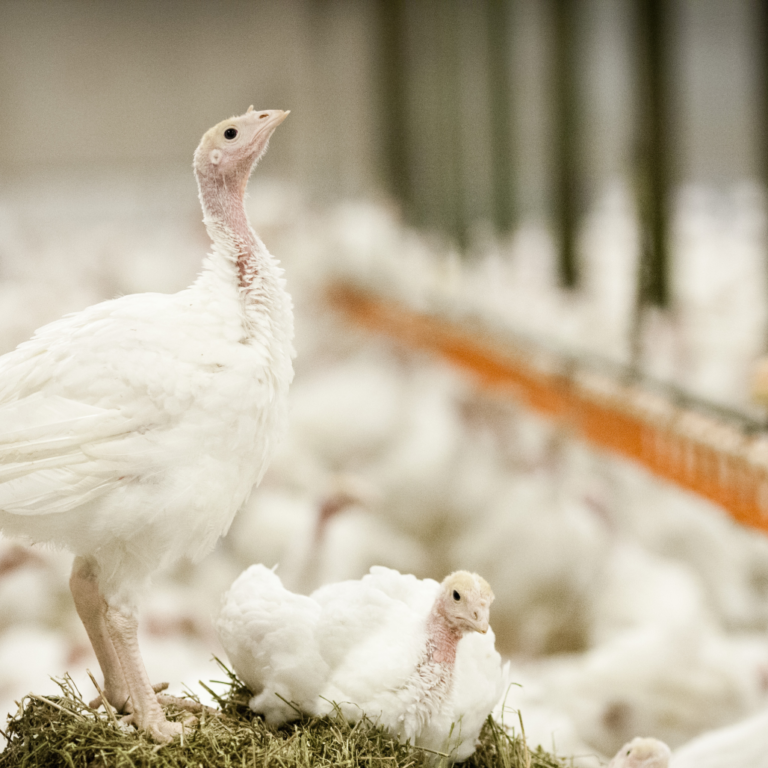
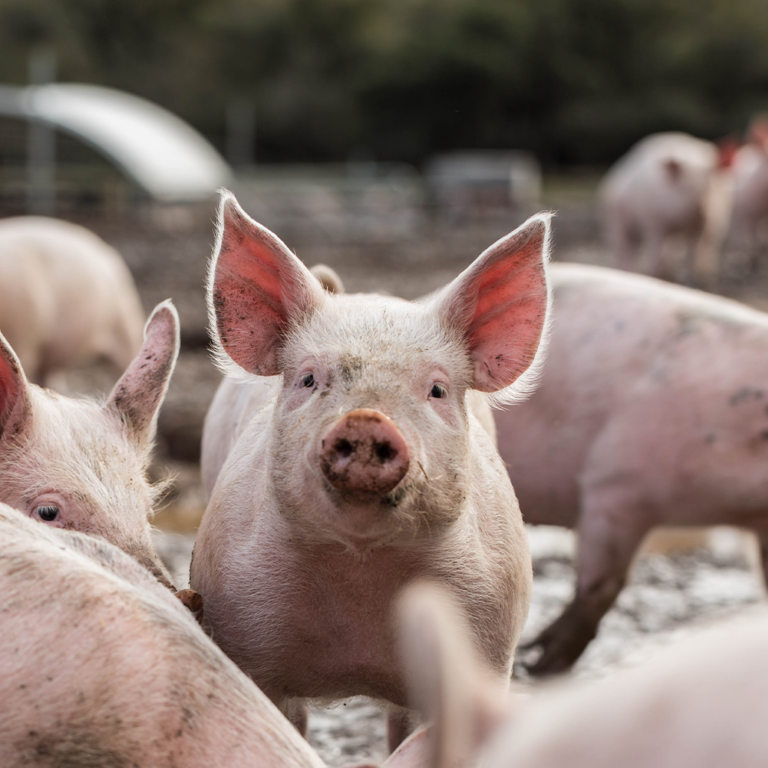
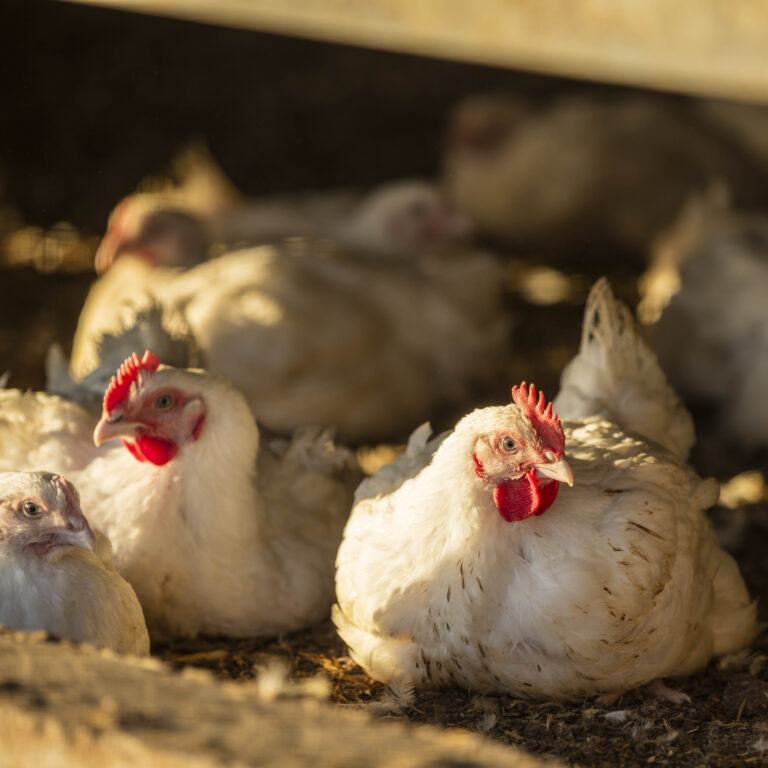
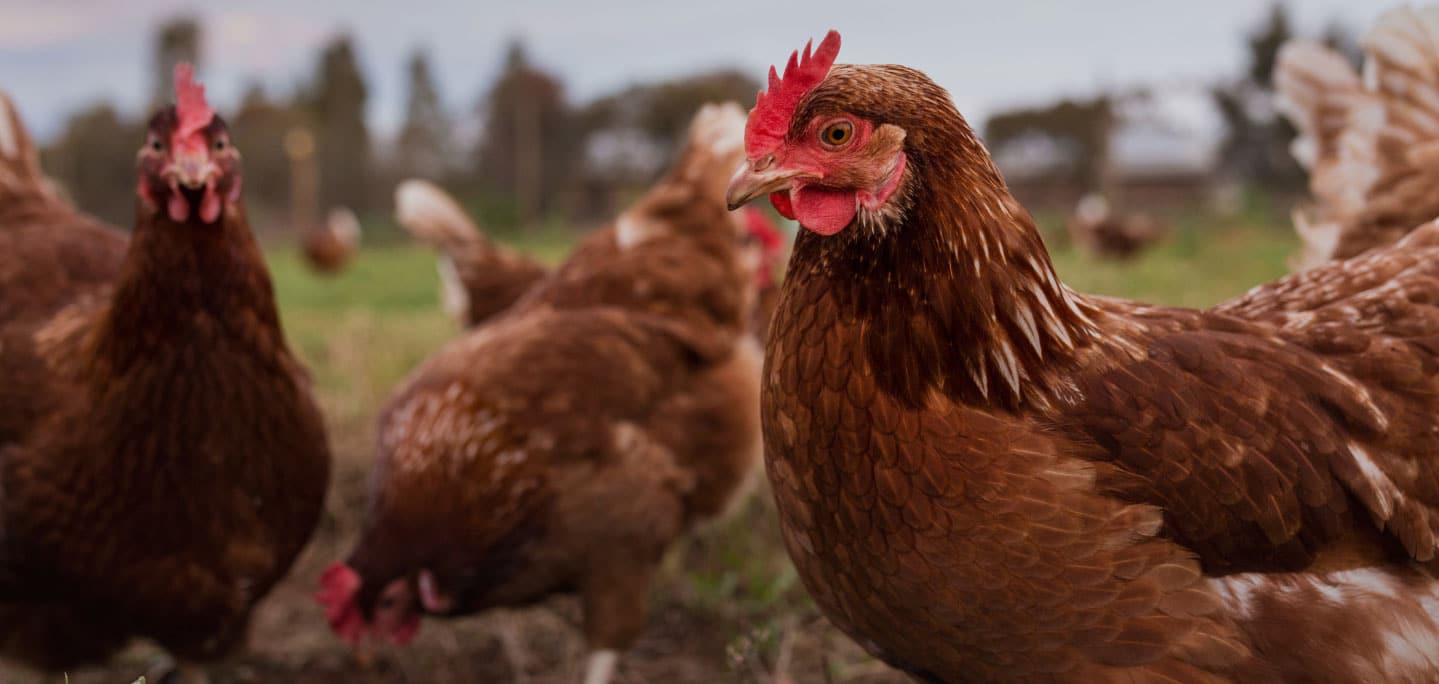

1 Comments
One response to “MORE THAN A LOGO: What it Takes for a Farm to Achieve RSPCA Approved Certification ”
[…] READ MORE ABOUT THE REQUIREMENTS […]